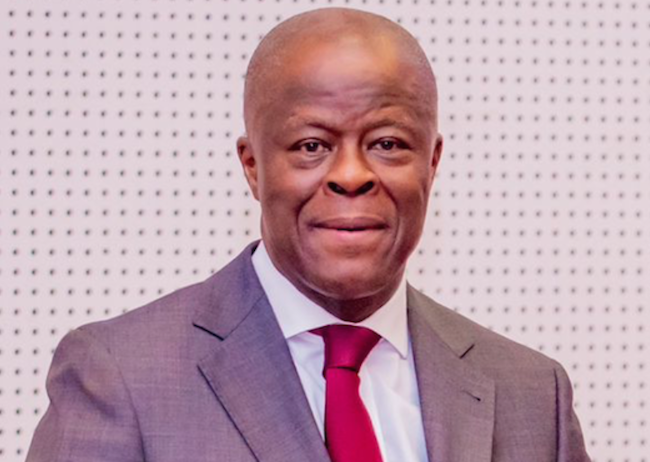The Federal Government is taking decisive steps to reduce Nigeria’s reliance on the US dollar and strengthen the naira, according to Wale Edun, Minister of Finance and Coordinating Minister for the Economy.
Edun made the announcement during an investor parley on the sidelines of the ongoing World Bank/International Monetary Fund Annual Meetings in Washington D.C.
As a partially dollarised economy, Nigeria has long relied on the dollar for international trade and financial transactions, with the local currency often used only for daily payments.
Edun emphasised that one of the strategies being implemented is encouraging manufacturers and businesses to invoice in naira instead of dollars, a move aimed at reducing the domestic demand for dollars.
“The government is asking people to invoice in naira rather than dollars to ease pressure on foreign exchange demand,” Edun said.
He also highlighted that deregulation of key sectors such as petrol, jet fuel, and kerosene, marking the first time in 40 years for such market-based pricing , and would lead to more dollar inflows into the economy, especially with increasing oil production.
Edun, alongside key government officials including Central Bank of Nigeria (CBN) Governor Olayemi Cardoso and Director-General of the Debt Management Office Patience Oniha, discussed the government’s plan to ensure stability for the naira. He assured that more dollars will flow into the economy to sustain naira value.
Cardoso added that the CBN is working on measures to ensure market liquidity, including issuing more Open Market Operation (OMO) bills. He also noted that the bank has shifted from defending the naira to allowing it to find its natural market level, focusing instead on building buffers to organically improve dollar supply.
Responding to reports that the Nigerian National Petroleum Corporation (NNPC) was purchasing dollars from the open market, Cardoso stated, “NNPC, as a customer, has the right to make its business decisions.” He emphasized that the CBN’s role is not to dictate the NNPC’s market activities but to ensure overall market functionality.
Deputy Governor of Economic Policy at the CBN, Mohammed Sani-Abdullahi, highlighted the bank’s efforts to raise non-oil export earnings and boost foreign reserves.
He noted that external reserves had risen to $40.3 billion and would continue to grow as oil production increases. Sani-Abdullahi also stressed that the Federal Government is committed to making Nigeria an attractive destination for both local and foreign investors.
The government’s efforts to stabilise the economy have been bolstered by the removal of petrol subsidies, a reform expected to yield significant dividends for the country.
Edun explained that the full impact of the subsidy removal would be clearer in the coming months, offering potential savings that could be redirected towards infrastructure and other vital sectors.
In conclusion, the Federal Government’s comprehensive economic strategy seeks to reduce dependence on the dollar, promote the use of naira, and encourage local production, ultimately driving sustainable economic growth for Nigeria.












